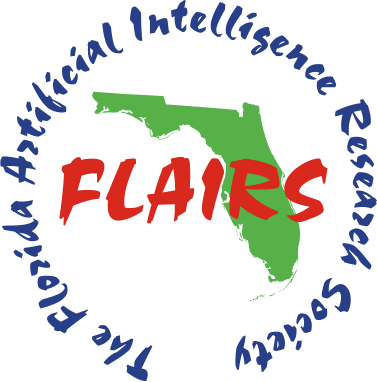MeDML: Med-Dynamic Meta Learning - A multi-layered representation to identify provider fraud in healthcare
DOI:
https://doi.org/10.32473/flairs.v34i1.128525Keywords:
Representation learning, Fraud detection, HealthcareAbstract
Every year, health insurance fraud costs taxpayers billions of dollars and puts patient’s health and welfare at risk. Existing solutions to detect fraudulent providers (hospitals, physicians, etc.) aim to find unusual pattern at claim level features but fail to harness provider-provider and provider-patient interaction information.
We propose a novel framework, Med-Dynamic meta learning (MeDML), that extends the capability of traditional fraud detection by learning patterns from 1) patient-provider interaction using temporal and geo-spatial characteristics 2) provider's treatment using encounter data (e.g. medical codes, mix of attended patients) and 3) referral using underlying provider-provider relationships based on common patient visits within 30 days. To the best of our knowledge, MeDML is first framework that can model fraud using multi-aspect representation of provider.
MeDML also encapsulates provider's phantom billing index, which identifies excessive and unnecessary services provided to patients, by segmenting frequently co-occurring diagnosis and procedures in non-fraudulent provider's claims. It uses a novel framework to aggregate the learned representations capturing their task-specific relative importance via attention mechanism. We test the dynamically generated meta embedding using various downstream models and show that it outperforms all baseline algorithms for provider fraud prediction task.


